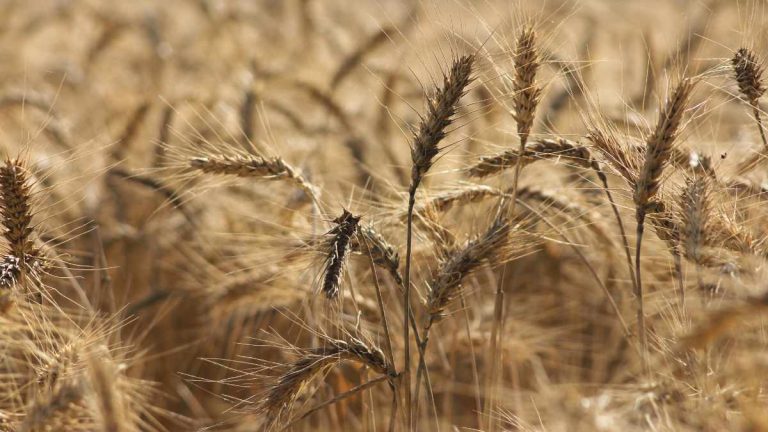On Wednesday, September 4, the College of Agriculture, Food and Rural Enterprise (CAFRE) is hosting a crucial NI on-farm rush control event at Castle Archdale Country Park in Enniskillen. This event, held in collaboration with Northern Ireland Water (NI Water), aims to explore and discuss effective treatments for managing rush infestations.
The event will be divided into two sessions: the afternoon session will start at 2:00 p.m., followed by an evening session at 6:30 p.m. Attendees will have the opportunity to gain insights into various methods of rush control and their implications for water quality.
CAFRE highlights that traditional rush control treatments often use the chemical MCPA, which can negatively impact water quality. The college notes that the treatment of water to ensure its safety for consumption can be expensive, making it essential to explore alternative methods that minimise these effects.
The demonstrations will showcase results from control treatments conducted in June and July, with a specific focus on comparing weed wiping with glyphosate and boom spraying with MCPA. Robert Beggs, a biodiversity technologist at CAFRE, explained, “While some rushes in a field can offer shelter for young livestock and provide cover for ground-nesting birds and hares, dense rushes can reduce productivity and make the area difficult for both livestock and wildlife to access.”
In addition to the rush control demonstrations, NI Water staff will provide valuable information on the water quality of the Erne catchment and the processes involved in treating water at the extraction plant. They will also discuss the benefits and drawbacks of various rush control methods, including their impact on raw water quality and the subsequent costs associated with maintaining high-quality drinking water.
Directional signs will be placed on the day to guide attendees to the event location at 346 Killadeas Road, Irvinestown. Those interested in attending are encouraged to pre-register with CAFRE to secure their place.
This event promises to be an informative session for farmers, land managers, and anyone interested in improving rush control practices while safeguarding water quality.

